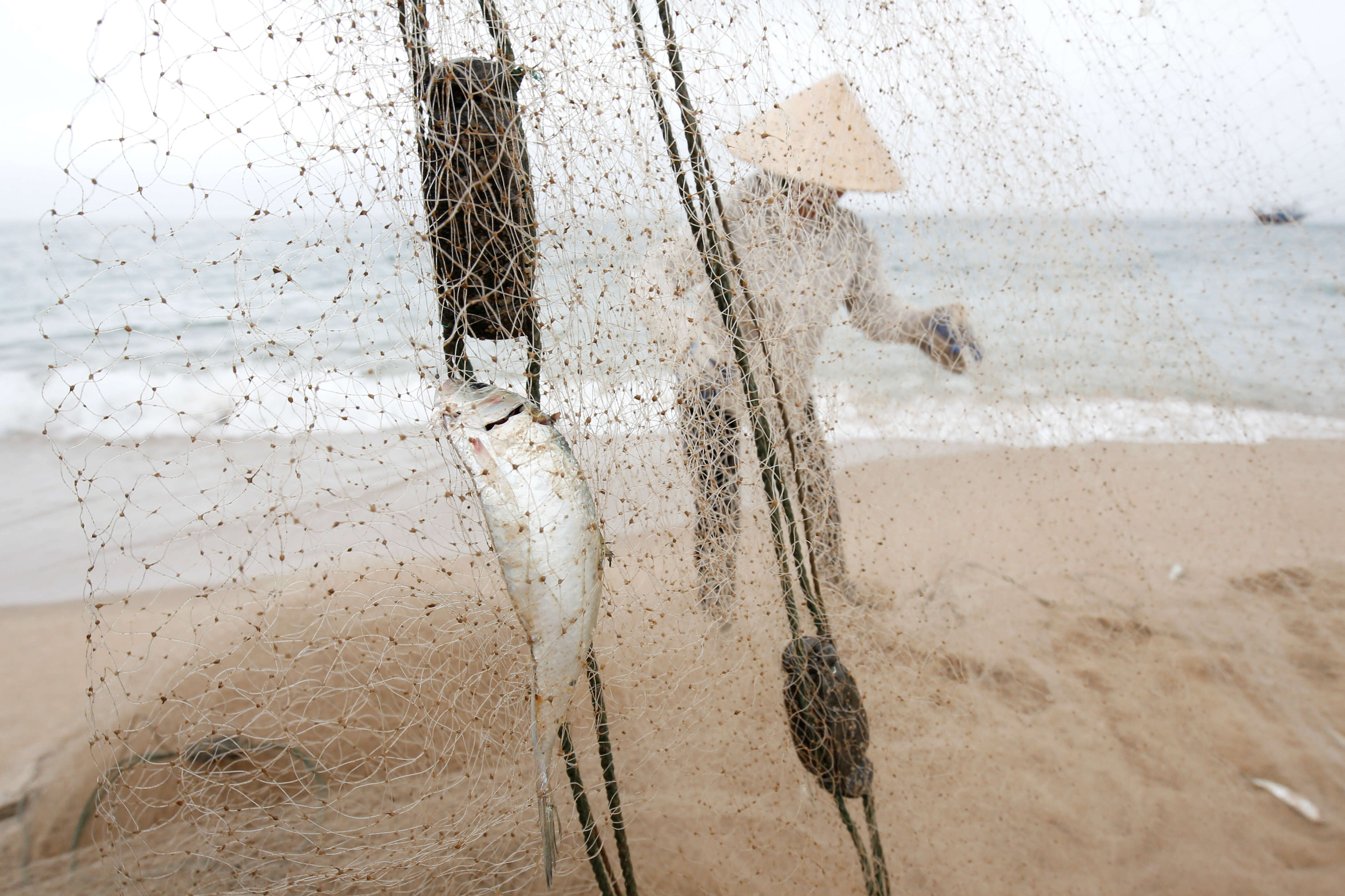In Vietnam, climate journalists face challenges due to censorship and restrictions on press freedom, making it difficult to report environmental issues accurately. Despite these obstacles, there are still journalists working to cover climate stories creatively and effectively, highlighting the importance of climate journalism in addressing environmental concerns.
Phi (not her real name) was invited to a coffee meeting with a police officer in charge of her neighbourhood in Hồ Chí Minh City to discuss her coverage of various environmental issues in prominent international outlets. Phi asserted that her articles are generally innocuous, as she has intuitively steered away from contentious subjects and exclusively published content in English for non-Vietnamese platforms.
Vietnam is a country that touts freedom of the press but assigns the Central Department of Propaganda the authority to vet content, both offline and online, and the Central Committee of Discipline penalises individuals who deviate from ambiguous and arbitrary guidelines regarding publishable material. Phi is not recognised as a journalist, lacking the official press accreditation, typically granted to individuals employed by state-run media outlets for a continuous period of at least two years, devoid of any errors. “The meeting proceeded smoothly, possibly because a family member worked for the police," says Phi. Subsequently, Phi became mindful that the local police were monitoring her online journalistic work. This development is not surprising given the Ministry of Public Security’s oversight of media and online activities.
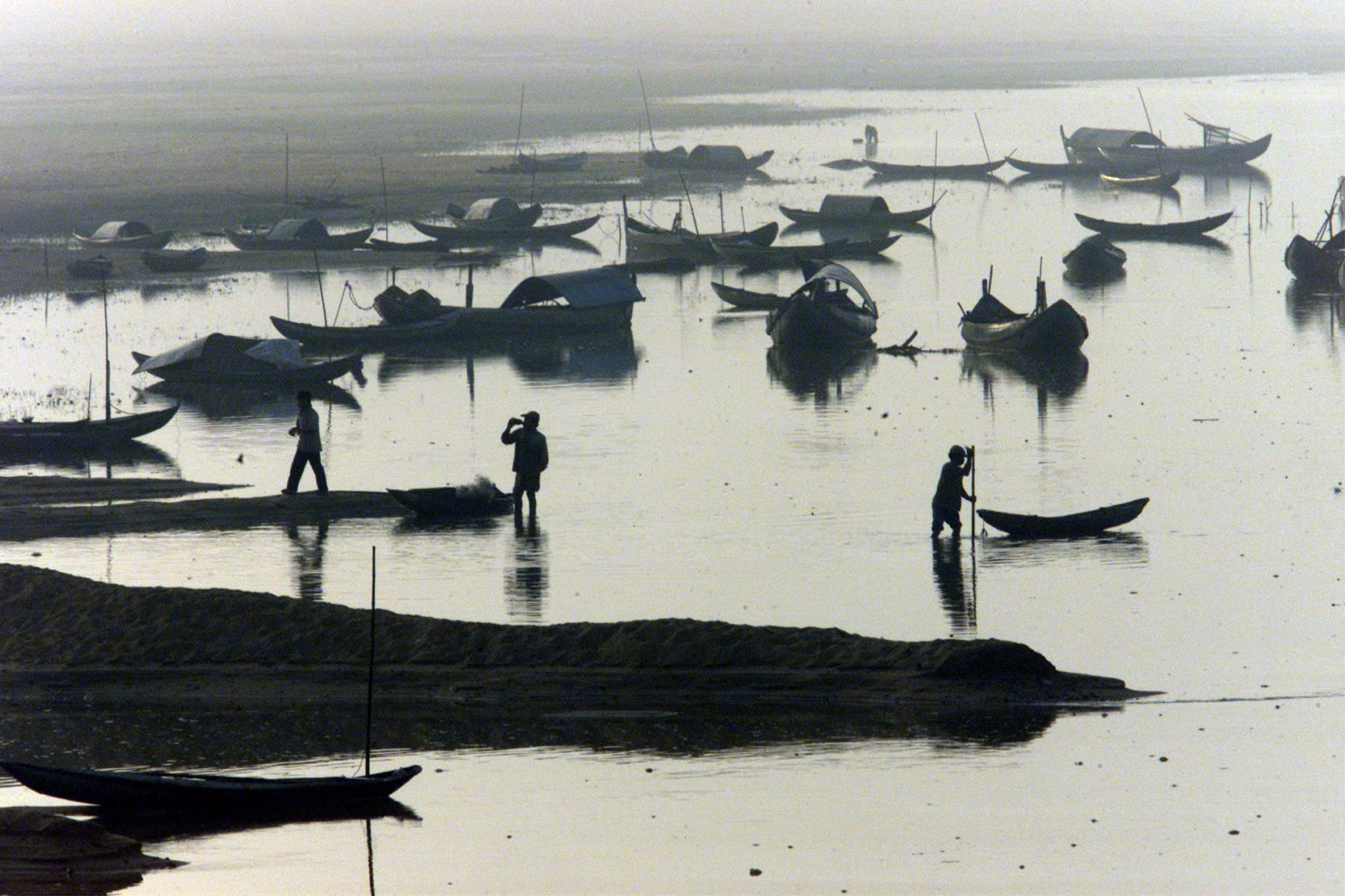
Situated in Southeast Asia, with an extensive coastline spanning 3,200 km and many low-lying urban centres and river delta regions, Vietnam stands as one of the most climate-vulnerable countries in the world, according to the Climate Change 2022 report by the Intergovernmental Panel on Climate Change on Impact, Adaptation, and Vulnerability. In May 2021, Vietnam's National Assembly ratified the Revised Law on Environmental Protection to reinforce the country's pledge towards achieving net-zero carbon emissions by 2050, a commitment announced during the 2021 United Nations Climate Change Conference (COP26). However, Vietnam concurrently ranks among the most restrictive countries concerning press freedom, occupying the 174th rank according to the 2024 Reporters Without Borders report, ahead of only Turkmenistan, North Korea, Iran, Afghanistan, and Eritrea. Like many other countries in the Lower Mekong region, increasingly authoritarian governments, ranging from the military-backed authorities in Thailand and Myanmar to single-party governments in Vietnam and Laos, alongside Cambodia’s de-facto hereditary rule, have intensified their crackdown on grassroots environmental activism and independent journalism, rendering climate journalism ever more challenging.
Climate Journalism
Climate journalism serves the crucial role of uncovering and elucidating insights about climate change, encompassing its manifold characteristics, root causes, and far-reaching consequences, as well as the strategies of mitigation and adaptation. These insights are disseminated through technical media to audiences comprising both non-specialists and specialists. Given the pervasive impact of climate change on every facet of human existence, the significance of climate journalism has undeniably surged. However, in many countries worldwide, climate journalism faces mounting challenges stemming from both top-down censorship and self-censorship.
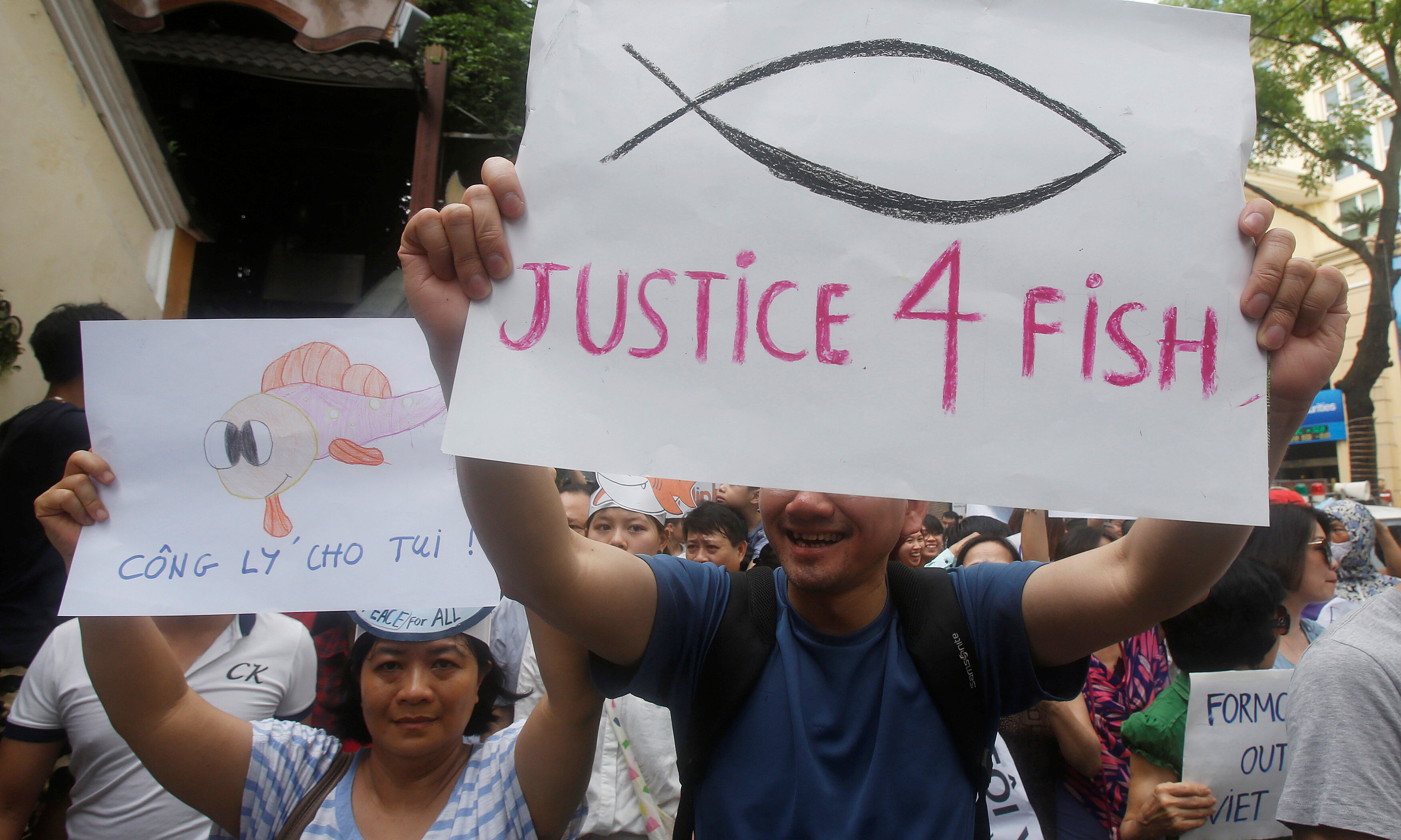
Across the world, investigating and uncovering non-state and state activities that impact adversely on the environment comes at a heavy price. The comprehensive Covering the Planet report, conducted by Internews’ Earth Journalism Network (EJN) in collaboration with Deakin University (Australia), unpacked numerous and interlocking challenges faced by environmental journalists hailing from 31 countries across the globe. These challenges include the lack of resources, the increasing severity of issues, the urge to strike a balance between external funding and editorial independence, the overwhelming spread of misinformation on social media, and instances of harassment. Moreover, the report also alludes to the prevailing media crisis, epitomised by the erosion of the traditional journalism model, which further compounds the obstacles in reporting on climate-related stories. The report highlights distressing statistics: 39% of journalists face occasional or frequent threats in response to their investigative work, especially when they probe illicit activities. Equally concerning is that the same percentage of journalists resort to self-censorship when covering climate change and environment-related issues.
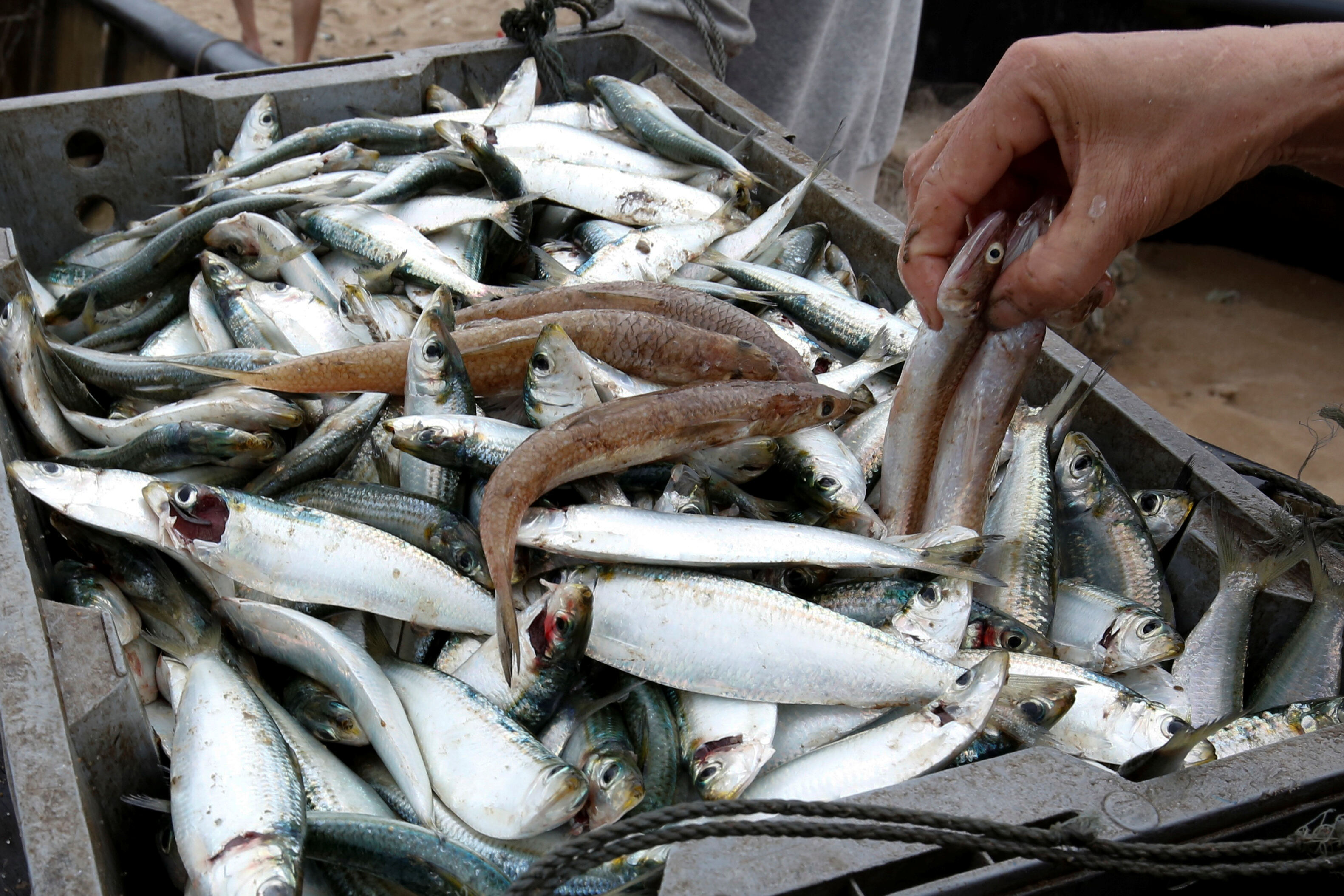
Climate journalism is particularly needed to fill the knowledge gap in Vietnam. According to Ole Bruun, professor of society and globalisation at Roskilde University, Denmark, environmental awareness is markedly low in Vietnam, primarily due to the authoritarian control exerted by the state. “Most people tend to perceive climate and environmental issues as the exclusive responsibilities of the state, displaying limited interest in forests, wildlife, and biodiversity.”
Drawing from extensive fieldwork conducted in Vietnam over the span of 15 years, Brunn emphasises the palpable disconnect between environmental policymakers and ground-level realities and development. He laments the rapid deterioration of biodiversity in Vietnam due to ineffective policies, the absence of genuine collaboration with local communities, and pervasive environmental corruption. “Particularly disturbing is the growing practice of purchasing access to state and government positions, often for very large sums of money, making official positions lucrative investments that yield substantial returns. Consequently, Vietnam is rapidly losing its natural heritage in the highlands due to the party's senseless development policies, driven entirely by economic and demographic incentives and political corruption.” However, the tightly controlled Vietnamese media landscape has failed to produce truthful reports on the stark realities of environmental degradation. Brunn notes, “I haven't seen anyone being able to report on the true scale of environmental destruction in the highlands, and the Vietnamese public may not be aware of it.”
Censorship of Climate Stories
All articles are subject to censorship in Vietnam, be it in print or online, before or after publication, and even if they are financially independent of state funding. Civil society has been a thorn in the side of the Communist state that assumed power in 1945 in Northern Vietnam and later expanded its authority across the entirety of present-day Vietnamese territory following the fall of Saigon in 1975. However, owing to the country's economic stagnation during the 1980s as a result of international sanctions, the international development discourse of the 1990s advocated for the reinforcement of civil society, a concept that needed to be translated into Vietnamese donor documents where the English term was extensively used. Regrettably, the Party's initial tolerance towards civil society proved to be short-lived. Following the issuance of Party Resolution No. 04-NQ/TW in 2018, civil society was effectively branded as a foreign-influenced entity detached from the interests of the working class and adverse to Party leadership. Subsequently, state media was prohibited from referencing the term ‘civil society’, which has since been expunged from all government documentation.
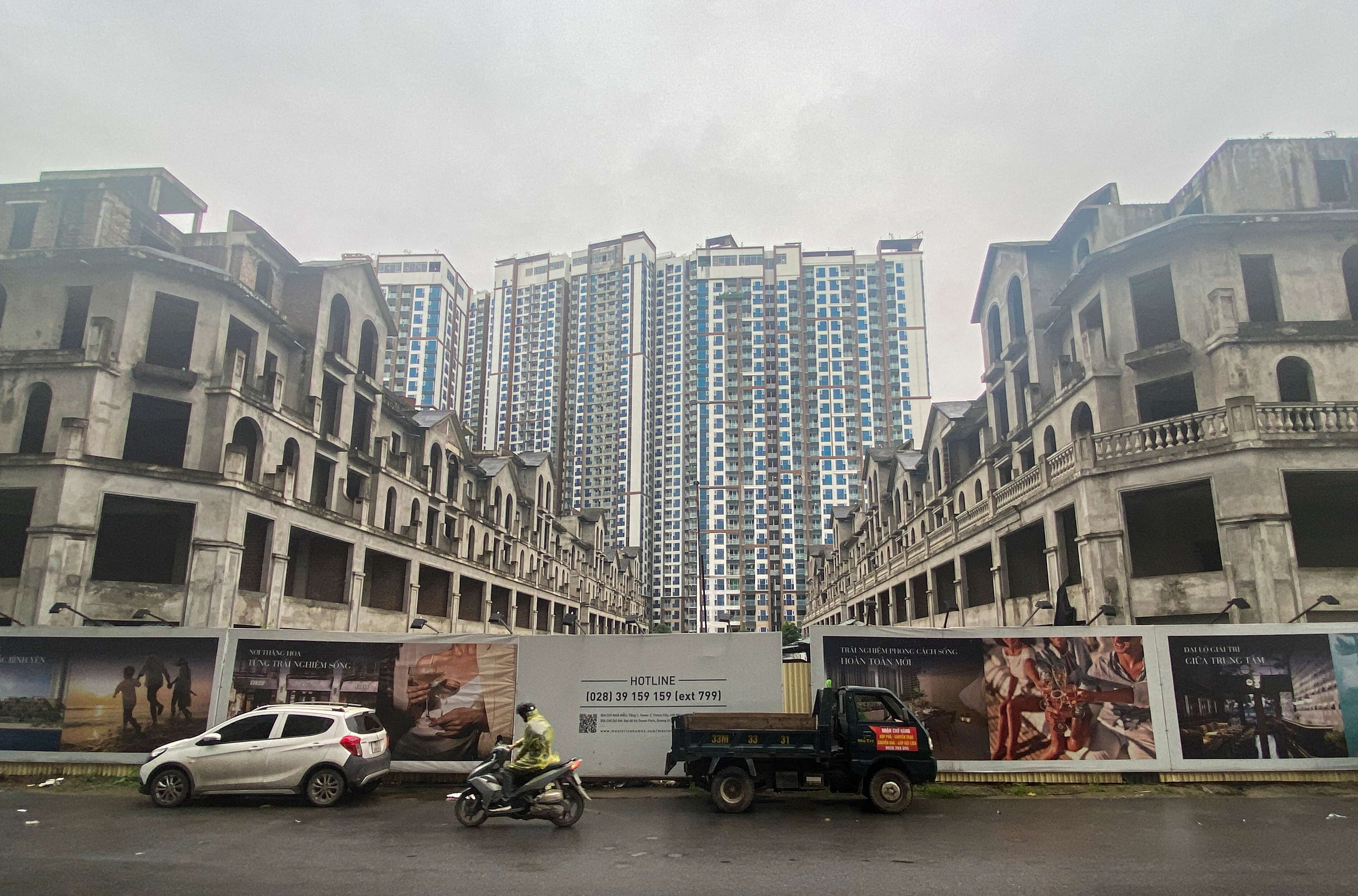
During the period between 2021 and 2023, prominent climate advocates and leaders of major environmental NGO groups were arrested. State media outlets coverage solely relied on statements provided by the Ministry of Public Security and the Ministry of Foreign Affairs, thereby excluding perspectives from the NGOs themselves or other stakeholders. The accused were sentenced in closed and expeditious trials. Amid international condemnation over what were perceived as trumped-up charges, state authorities refuted allegations of politically motivated offences. “There is an unwritten rule that prohibits us from interviewing NGOs, especially international NGOs, whose viewpoints might contradict state narratives," says Hà, a reporter for a minor media outlet. “Official sources have to be prioritised," he adds. However, Hà noted that it is increasingly challenging for journalists affiliated with state-run media to obtain statements from state agencies and officials. “Nobody wants to speak on the record for fear of backlash", he added, “A press pass is not enough. Sometimes one needs to be introduced by mutual acquaintances.”
Upon the approval by the then Prime Minister in 2019 of the National Development and Management Plan for the Press until 2025, only media outlets operating under state agencies were authorised to produce news. Media outlets that are not under the purview of state agencies and go beyond what the Ministry of Communications and Information deems newsworthy would face punitive measures.
Capitalists Are Also in Control
Hà said that influential conglomerates are often regarded as "untouchable.”
“I imagine that those with powerful connections can also kill certain stories. Editors receive weekly notifications about stories they cannot report," stated Dr Stephan Ortmann, Assistant Professor of Politics and Public Administration at Hong Kong Metropolitan University. “However, understanding which stories get censored is really hard since it is obviously kept secret,” he adds.
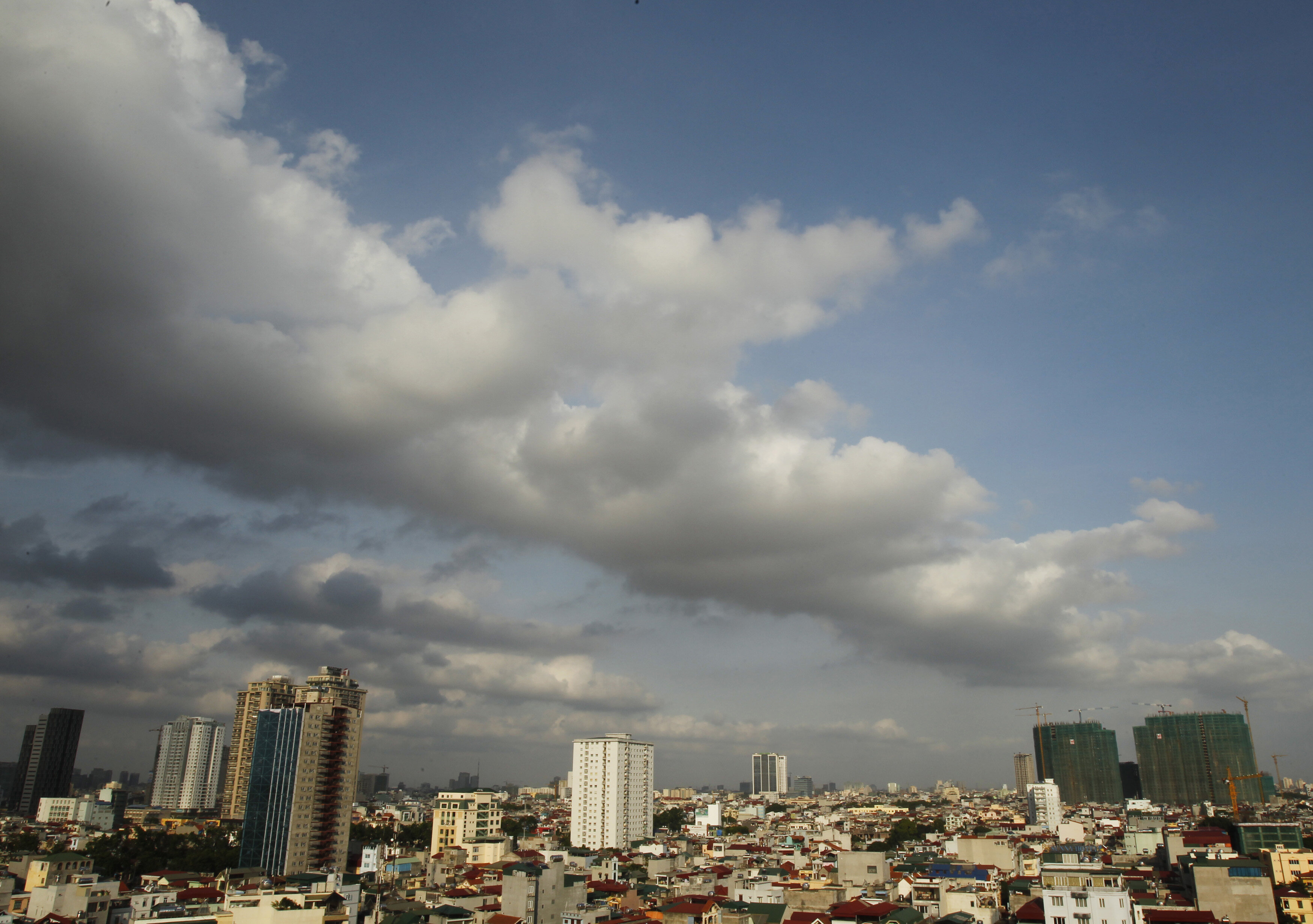
In 2020, Phụ Nữ Online, an outlet based in Hồ Chí Minh City, was temporarily suspended for a month and fined 55 million VND (approximately $2400) for allegedly disseminating misinformation in late 2019 regarding the environmental impact of developments by Sungroup, a private corporation based in Đà Nẵng, across various regions of Vietnam. The fact that these articles passed through censorship does not absolve their authors and editors from potential repercussions. The authoritarian one-party systems exhibit a high degree of resilience, effectively managing the populace while catering to the interests of the ruling elite," observed Bruun.
Several articles in Vietnamese domestic media outlets reported on the bell tower collapse incident at the cable car station in Nha Trang Port in Nha, Khanh Hoa Province, which occurred on the morning of January 14th, just days prior to its scheduled inauguration. It is notable that these articles conspicuously omitted any reference to the investor behind the car station, VIngroup, the largest private enterprise in Vietnam. Shortly after publication, all these articles were swiftly retracted simultaneously.
Cost of Courage
Environmental issues were not initially considered particularly sensitive. However, public outcry has now extended to criticisms of the government, led by the party's actions and inactions. “Environmental issues have the potential to galvanise a broad and powerful movement, and when the government feels threatened, it cracks down," says Professor Bruun. Numerous well-known citizen and independent journalists who bravely covered environmental stories have been imprisoned. As state media outlets did not provide them with a platform for their independent reporting, they turned to social media, where the majority of Vietnamese adults turn to for their daily news. The government has increased its control over social media, including foreign platforms such as YouTube, Facebook, etc., through various tactics: technical administrative controls, harassment, and imprisonment of citizen journalists, etc.
Nguyễn Ngọc Như Quỳnh became a household name for blogging about the Formosa environmental disaster in 2016. Speaking out against the government’s inadequate response to the related deaths of thousands of fish and other significant impacts, she was sentenced to 10 years in prison for “conducting anti-state propaganda." Similarly, Phạm Đoan Trang was sentenced to 9 years in prison on the same charge for her writings on human rights violations, including the Formosa stories. The former was released without warning and is now exiled in the US, while the latter remains incarcerated for four years.
Environmental issues encompass a wide range of topics. In his 2017 book "Environmental Governance in Vietnam: Institutional Reforms and Failures," Ortmann highlighted key challenges: deforestation, land degradation, air and water pollution, biodiversity loss, waste, and climate change. According to Ortmann, "no issue is essentially off-limits, and many reports have been published on them." The sensitivity of an issue depends on the subject, the timing of coverage, and the depth of investigation into underlying factors. In the case of criticising public officials, exposés must be approved by the Central Inspection Commission of the Communist Party of Vietnam. "If the subject pertains to nationalist concerns or poses a threat to the regime's authority, it can become sensitive. For example, Chinese ownership of companies is seldom mentioned in articles," says Ortmann. "Additionally, if an environmental issue triggers protests involving pro-democracy activists or Viet Tan, then it becomes sensitive. In the case of the pollution incident involving Formosa, the company initially denied responsibility, but the government eventually accepted their explanation. Protests erupted across the country, involving numerous political activists. Therefore, the situation became sensitive."
Despite the shrinking media space in Vietnam, Trịnh Hữu Long, Editor-in-Chief of Luật Khoa tạp chí, a Vietnamese online media outlet in exile based in Taiwan, remains optimistic. "I am aware that there are still exceptional journalists trying to cover climate stories in Vietnam and are very creative in telling these stories to diverse audiences," Trịnh states via email. "In observing their work, I believe that they still perceive the space as being available to them regardless of the circumstances. Climate change is a universal concern, including for the government. What the government should do is allow journalists to work freely and collaboratively with them. As others have voiced, we cannot address climate change without climate journalism."
The views expressed in this article are the author’s own and do not necessarily reflect Al Jazeera Journalism Review’s editorial stance
